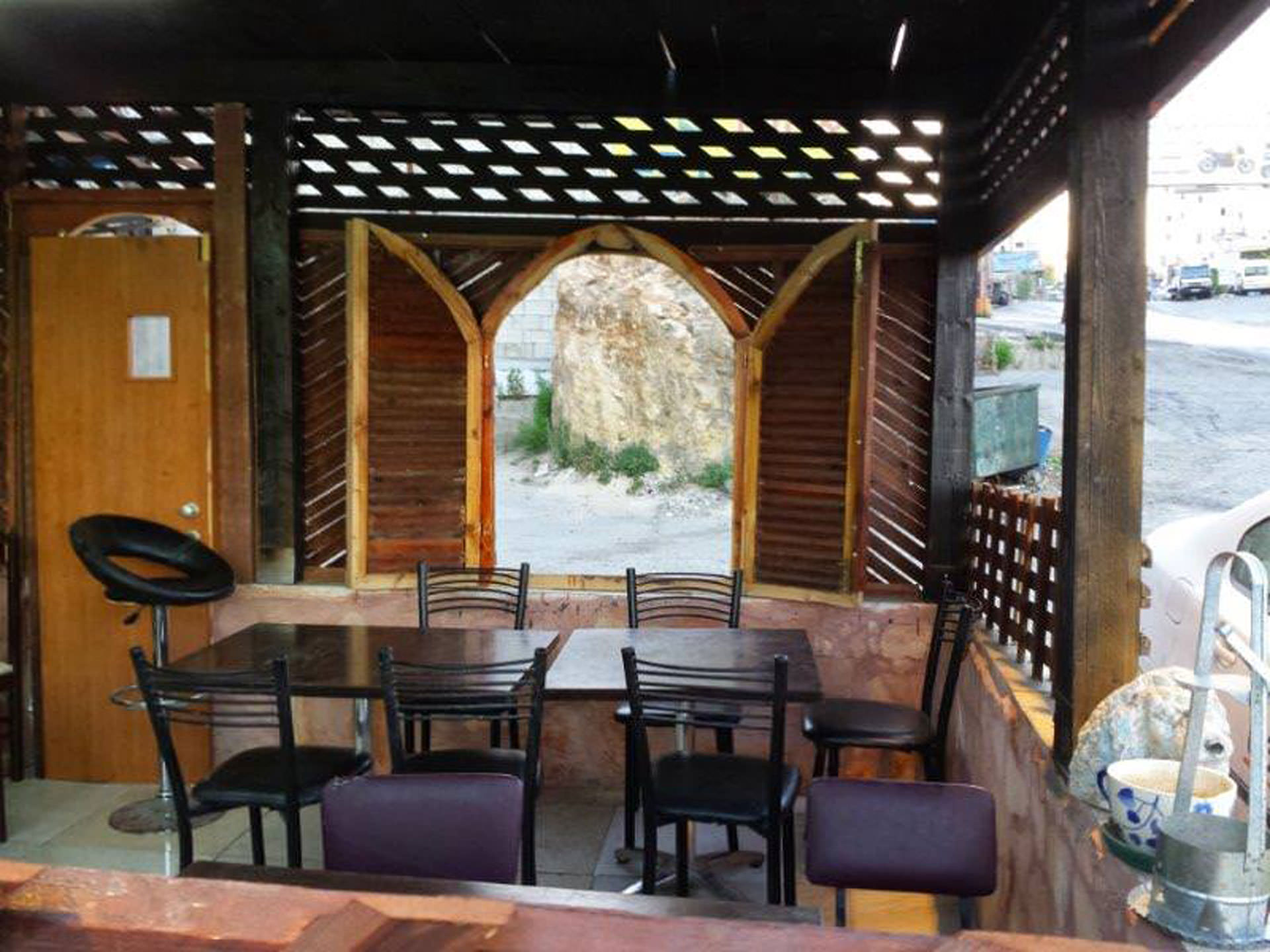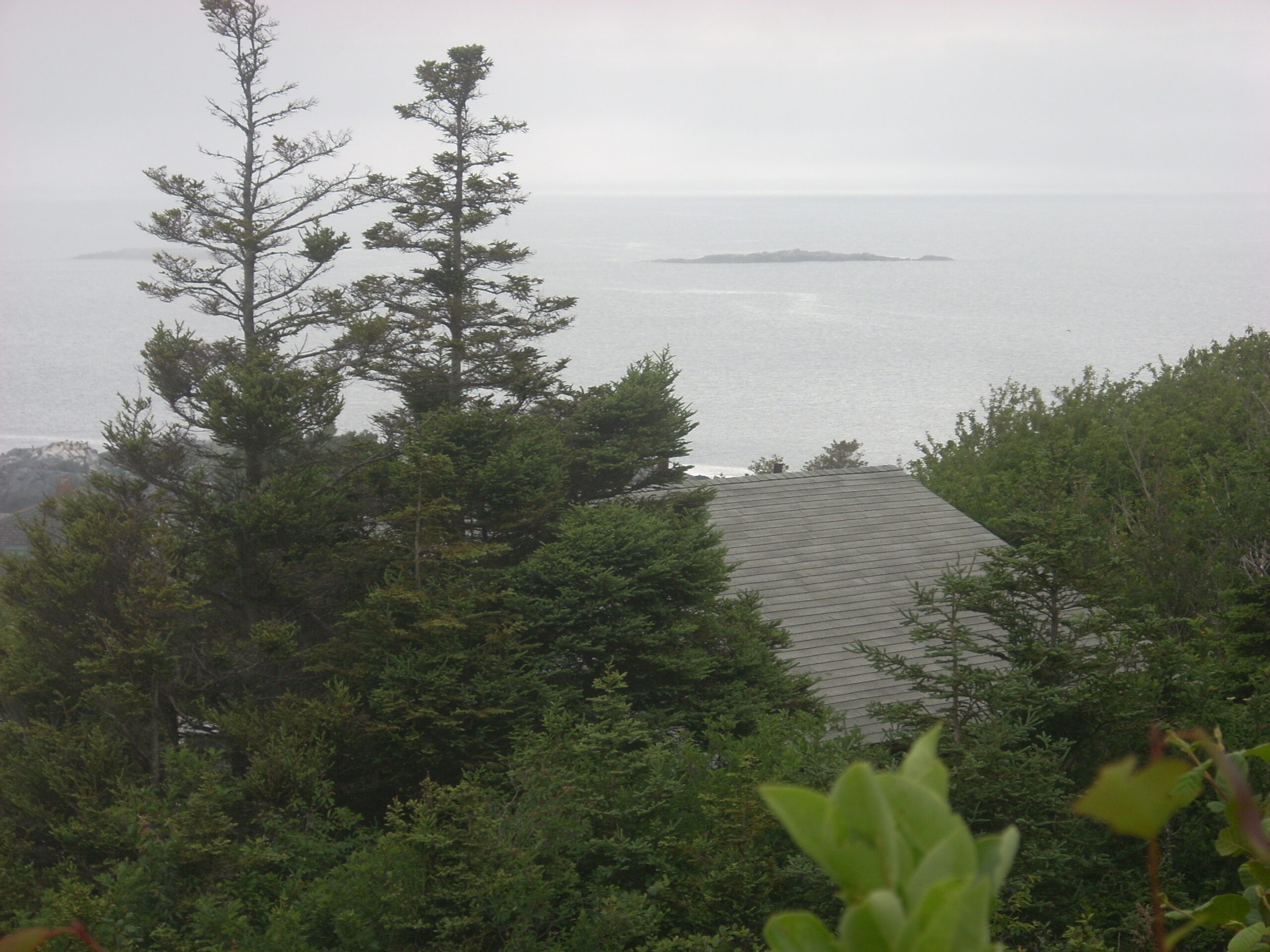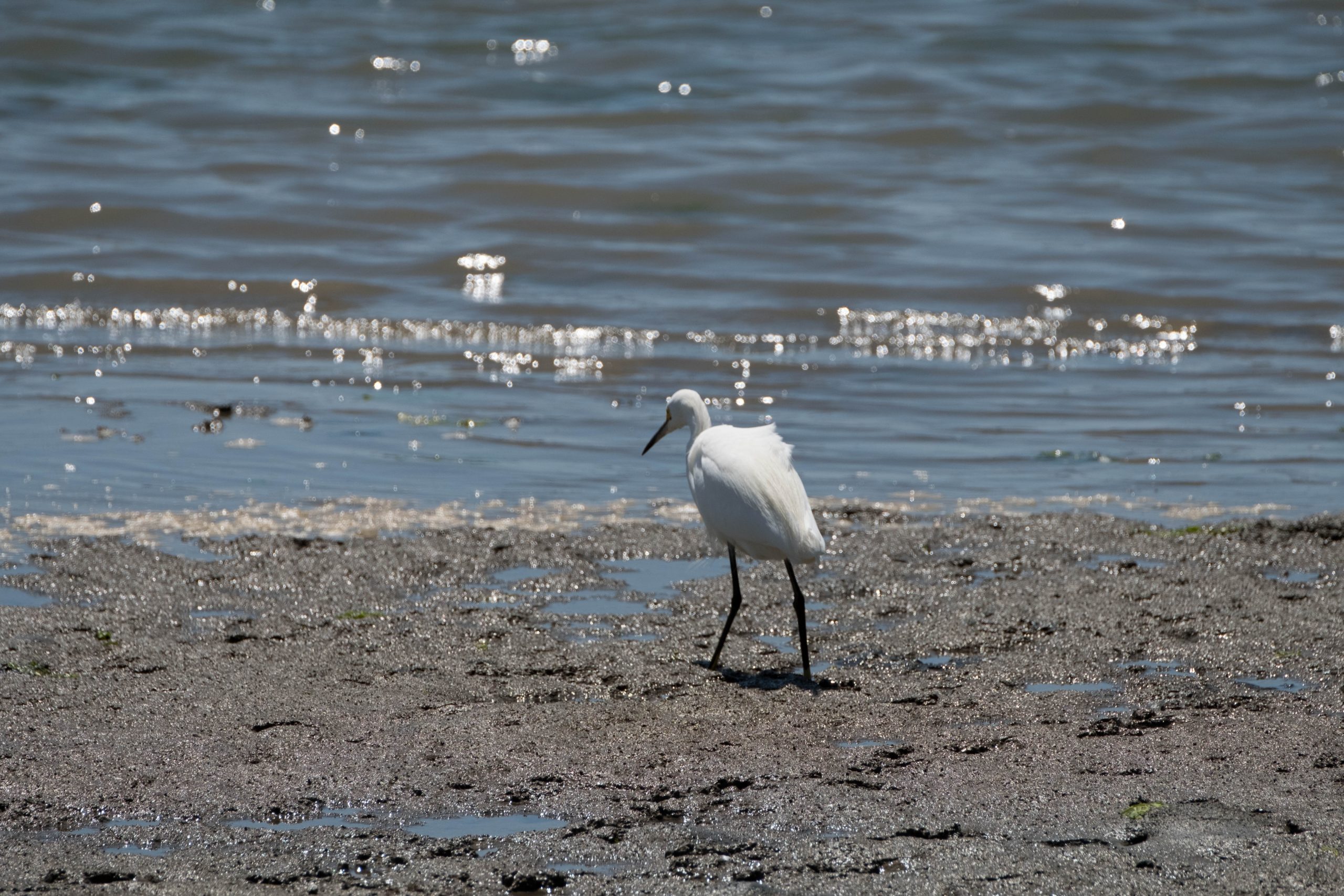
My own birthday party some years ago with a small group of mostly Bedouin friends was one of the finest I had, somewhere on a hill in the desert between Jerusalem and the Dead Sea. Until a few hours before the party, I did not know whether it would materialize or not. Bashar took care that there would be two chickens; luckily, I did not see the slaughtering. Then we went to have a haircut. Most of my Israeli friends would probably shudder of the idea that a Palestinian would put a knife on their neck – even if it were the hairdresser – but I felt rather comfortable. In fact, I invited Fouad the hairdresser, a Bedouin of Jordanian origin, to join our party. We had a barbecue under the stars and my friends put a big cake on the bonnet of my car with a huge improvised candle. In striking contrast, I received tens of Facebook messages, numerous Skype notifications, emails and mobile text messages, and a series of old-fashioned calls and messages on my answering machine from my – non-Bedouin – friends from all over the world, which was heartwarming as well.
Weddings
Weddings are another story. I attended many weddings of Israeli friends and family and several of Western (mainly Dutch) family and friends. I also attended a few weddings of Palestinians and Bedouins, like the one of Abu Omar’s daughter. The cultural differences are blatant. Although from an anthropological point of view I could fill a chapter on weddings, I will relate to this point here only shortly, since their effect on our friendship was not that large. In the Netherlands, two individuals who decide to marry usually had a long time – sometimes years – to get acquainted; they learned to get along and probably love each other. Not all people marry and if they do so this will often not be before one’s late twenties. Dutch weddings are usually planned many months ahead. For Dutch standards, my family has relatively big weddings, influenced by Jewish customs. Dutch weddings may take several days with a series of activities for various groups of invitees, including a reception, an official ceremony, if it is a Jewish wedding also a religious ceremony, a meal and dancing in couples. Weddings, like other Dutch celebrations, stand on ceremony and etiquette.








